Tamara Roberts, CEO of Ridgeview Estate winery in East Sussex discusses with Gina Baksa winemaking, lockdowns and how to remain ahead of the curve in today’s challenging market. “Often you’re so focused on moving forward that you forget to look back, reflect and see what you have achieved,” says Tamara Roberts, CEO of Ridgeview Estate, the multi-award-winning East Sussex winery. Celebrating its 25th anniversary last year, the family-owned wine estate has won accolades from Decanter, the IWC, IWSC and Mondial du Rosé France among many more. Recognition from her peers meant Tamara was named IWSC President in 2020 and is a former Sussex Businesswoman of the Year.
This stunning 16-acre vineyard on the South Downs was the brainchild of her entrepreneurial father, who began cultivating the vines in 1995, inspired by a passion for wine, many family visits to the Champagne region in France and a chance meeting with producers at Chapel Down. The 80s and 90s were the beginnings of sparkling wine production in the UK and although small scale at first, Ridgeview quickly gained recognition as a quality producer.
Fast forward to today and Ridgeview is one of the most successful wine brands in the UK, producing over 400,000 bottles a year. A qualified chartered accountant, Tamara joined the family business in the early 2000s. Her brother Simon was already hooked, having traded boat building for vineyards and bringing along his wife Mardi into the team. “He’s very practical and creative with an excellent palate, says Tamara. “I came on board to help expand the business once we’d taken on more growers. I wasn’t born into it at all. If you had asked me back in 1995 if I’d considered a career in wine, I’d have laughed!”
Soon the family team started to taste success. Tamara recalls of those days, “When we started to win awards, we really thought we had something. Especially when the most respected wine journalists were praising the quality of our wines. It was very encouraging.”

Ridgeview now has a core range of six wines alongside limited editions. “Three of these are non-vintage signature volume wines made every year,” Tamara tells me. “Bloomsbury is our biggest blend that you’ll see in Waitrose and in the on-and-off trade we work with. It’s a 60% Chardonnay dominant blend non-vintage with a balance of Pinot Noir and Pinot Meunier. Chardonnay really grows well here and a lot of English wines have it as their standard blend. We then introduced Cavendish – our blend of 33% of each varietal. The flavour is more familiar to Champagne drinkers and gives us two entry level wines. And we have the Fitzrovia Rosé.”
From their limited editions, Tamara highlights their Blanc de Blancs, which are 100% Chardonnay and won Decanter World Wine Award. Their latest edition is the Rose de Noir, “a saignée-method rose which is lovely,” she adds. Ridgeview also produces the fabulous Oak Reserve which is 100% oak-aged Chardonnay, created to celebrate the vineyard’s 25th anniversary in 2020.
When asked if the South Downs wine-making region can ever compete with the French growers, Tamara smiles and explains, “Perhaps with sparkling wine, but for still wine we need we need more warmth and a longer growing season. Sussex has a very cool climate which makes it tricky to create consistently good still wines. Sparkling wines, however, require higher acidity grapes and lower sugars at the end of the growing season, conditions which are easier to create in this location.”
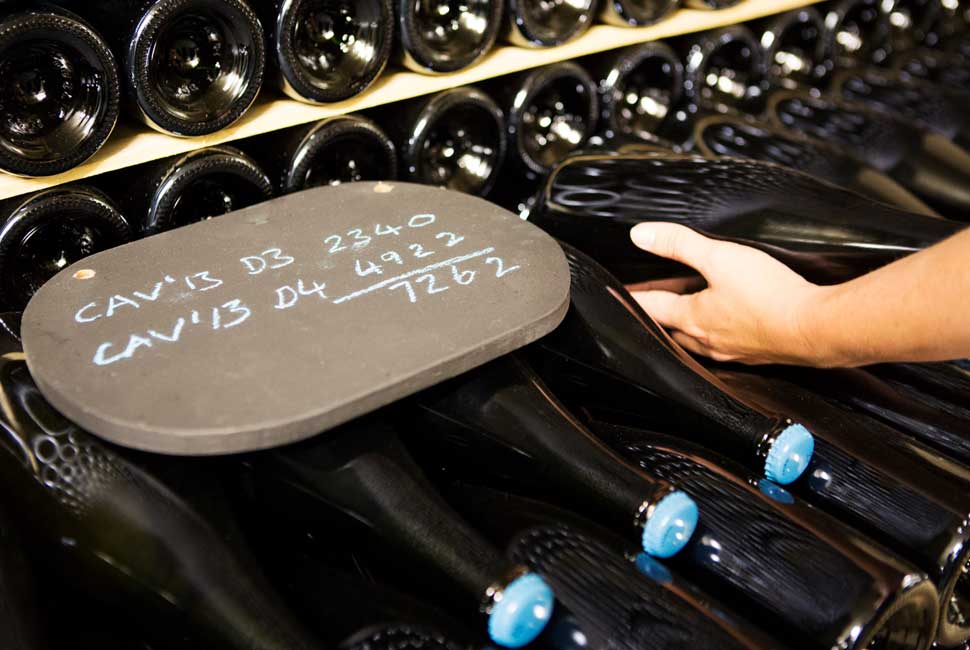
Last year was particularly challenging for hospitality and wine growers. Wine and food producers supplying hospitality have taken a big hit and most feel it may take a long time to recover. In the case of Ridgeview, Tamara feels relatively fortunate, “We have a significant chunk of the business going to the off-trade such as Waitrose, M&S, wine specialists and wine clubs who have remained buoyant the last year.”
Like many other wineries, Ridgeview focused on direct sales. Their website traffic increased by a staggering 300%. “We put a lot of effort into digital during the summer to stimulate corporate sales and gifting by collaboration with local producers,” explains Tamara, “we’ll continue with this strategy so that when hospitality does return, we will have these strengths to build on.”
Ridgeview is normally open for tours, tasting, corporate events and their very own music event in August, Ridgefest. The current uncertainty means that they are not yet sure if the festival will happen this summer but they are hopeful. “Our onsite hospitality is really important to us and we want to develop this more. I do believe that now that things start to ease and people will soon be able to go out in small groups, hospitality will be booming again.”
I do believe that as things start to ease, people will be able to go out in small groups and hospitality will be booming again…
– Tamara Roberts

One of the very few positive things about lockdown is a more community focused approach to business and living. Tamara agrees, “Yes, people are now more concerned about provenance of their food and drink. They are buying more locally and supporting local producers. In Sussex we create beautiful food and wines which are now being more appreciated, especially since the rise of online shopping.”
Tamara and her team have also held numerous online wine tastings and live Instagram feeds: “They’ve worked amazingly well,” she tells me, “Zoom has been very successful and opened us up to a global audience with online corporate tastings.” Although many of us have a rosy view of the life of a wine-maker from films like A Good Year or Sideways, the truth is that this is a tough business and one ruled by the weather, which doesn’t always play ball.
“The weather is the major player from April, when you see the first shoots, until harvest in September. Everything is planned around it, but it can be so inconsistent! As a result we rely heavily on forecasting and predictions.” There are also small tricks to help, like using frost protection candles each year which are ideal for smaller vineyards of 6 to 10 acres. “The heat creates sufficient air movement so the frost can’t settle onto the buds,” Tamara explains.
Sustainability and the protection of the environment are important factors to consider in Tamara’s mind. “We aren’t 100% organic but newer bioproducts are coming to market all the time to deal with disease and are less harmful to the vines and to us. As an industry, we must be responsible and we have recently developed a sustainable wine scheme for producers to aspire to.”
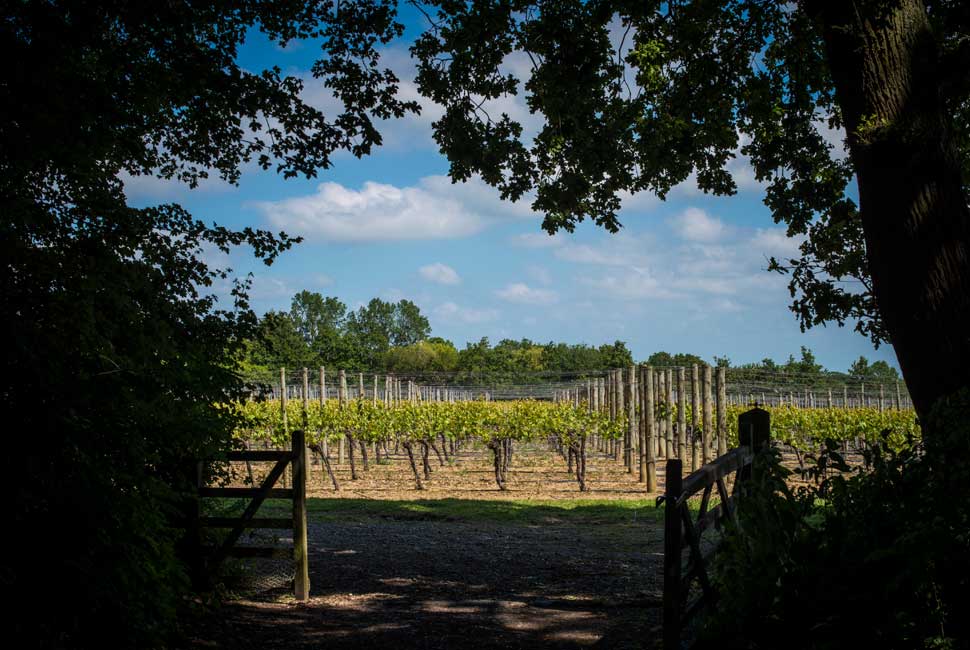
A new winery and wine cellar were built at Ridgeview in 2019 as part of an ambitious expansion plan. “Our aim is to produce well beyond the current 400,000 bottles per year. With that goal in mind, we have expanded our reach and contracts with vineyards in Suffolk, Essex and Kent. So if the weather is bad in one area, it’s mitigated in another. This is what the Champagne region was built on, multiple parcels of scattered land. Of course the same varietals grown on different soil will give slightly different flavours. It is the job of the winemaker to choose from the palette of wines available to them to create blends.”
About the future of the region, Tamara wonders if certain regions in the UK will become known for growing certain varietals as they do in the Champagne region. When talking specifically about the immediate future at Ridgeview, her focus seems to be in opening their doors again to visitors. “As hospitality becomes more open,” Tamara shares, “we will be welcoming visitors back for tours and tastings and even our festival.
We will be creating something very special in our wine garden, a self-contained bar area and elevated pavilion and we plan to extend our winery which will free up internal space for hospitality. Our stunning location on the South Downs – fairly close to Brighton – and our beautiful vineyards combined with the chance to taste world-class wines and superb food is something we are very proud of and love sharing with the public.”








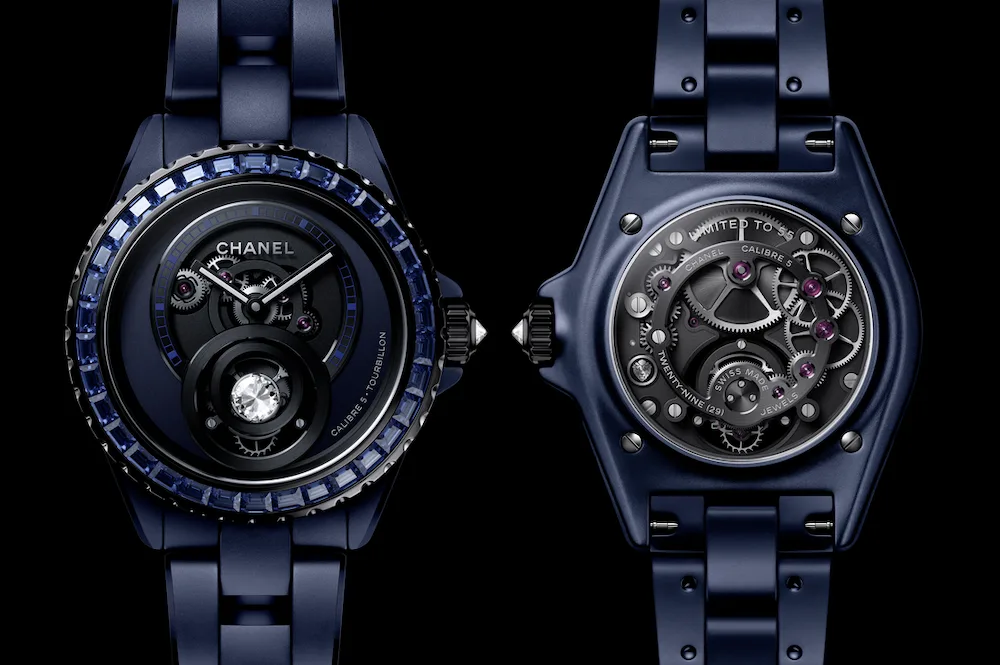
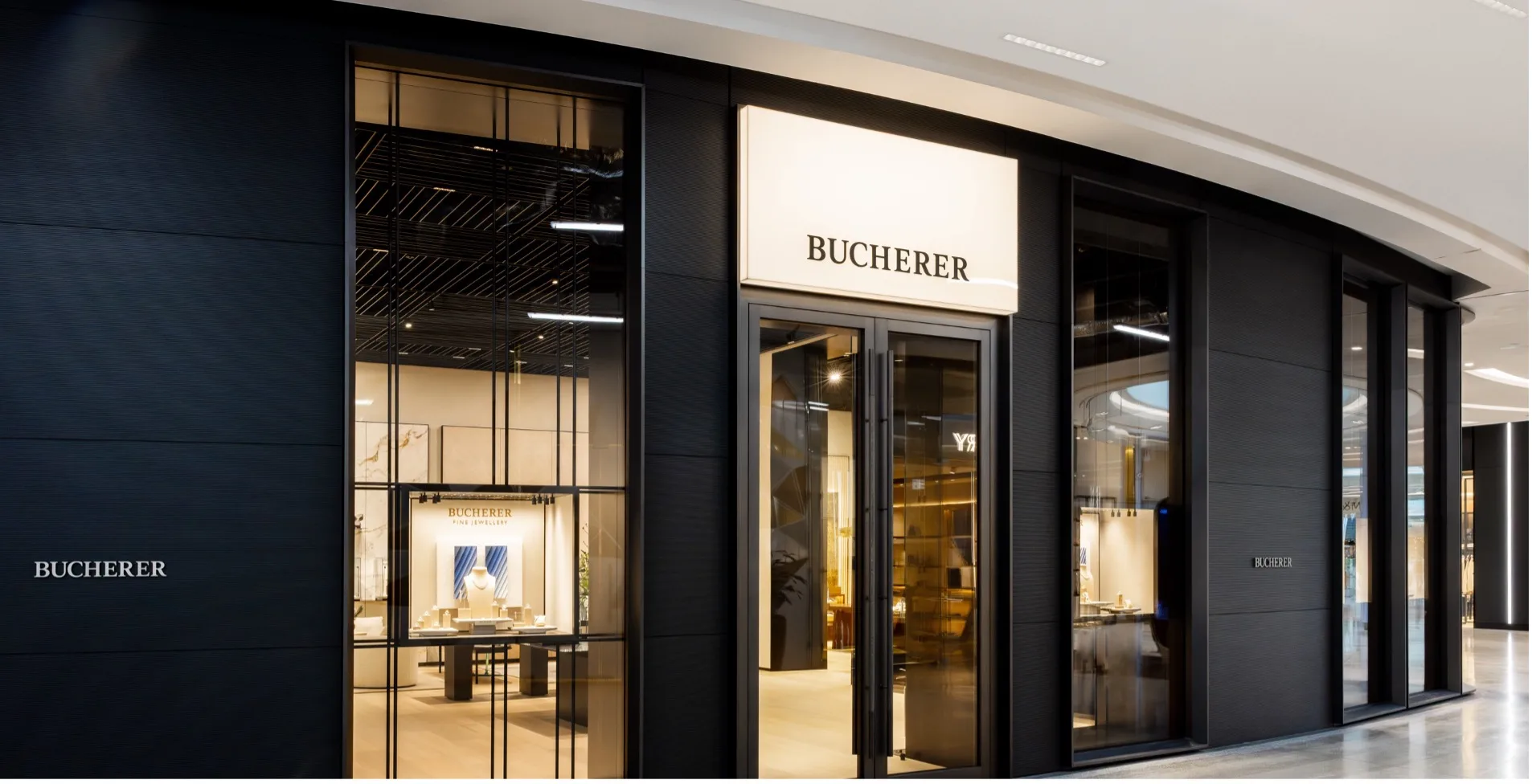

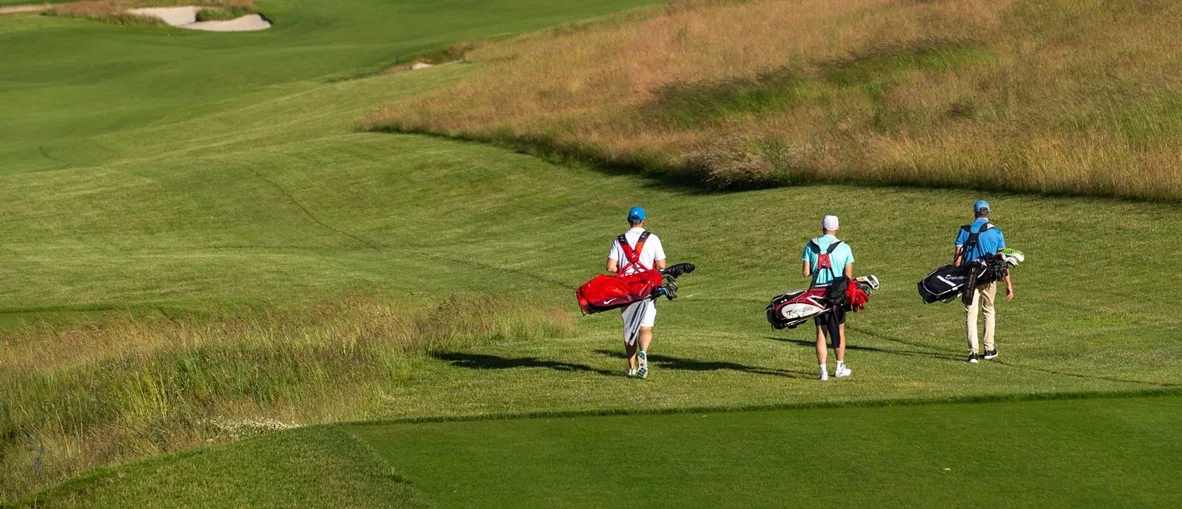

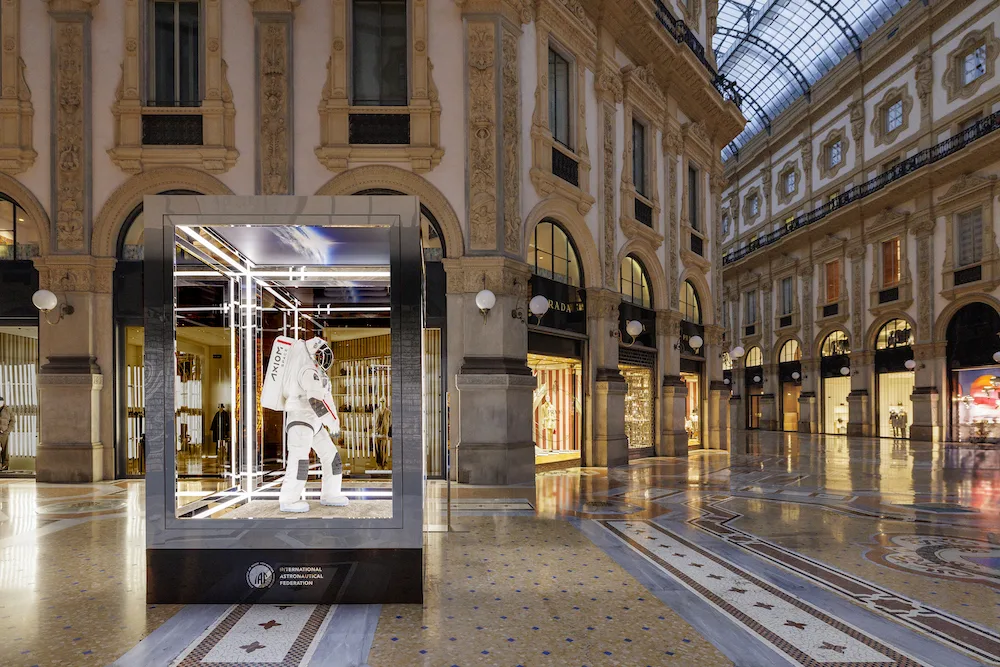



Show Comments +